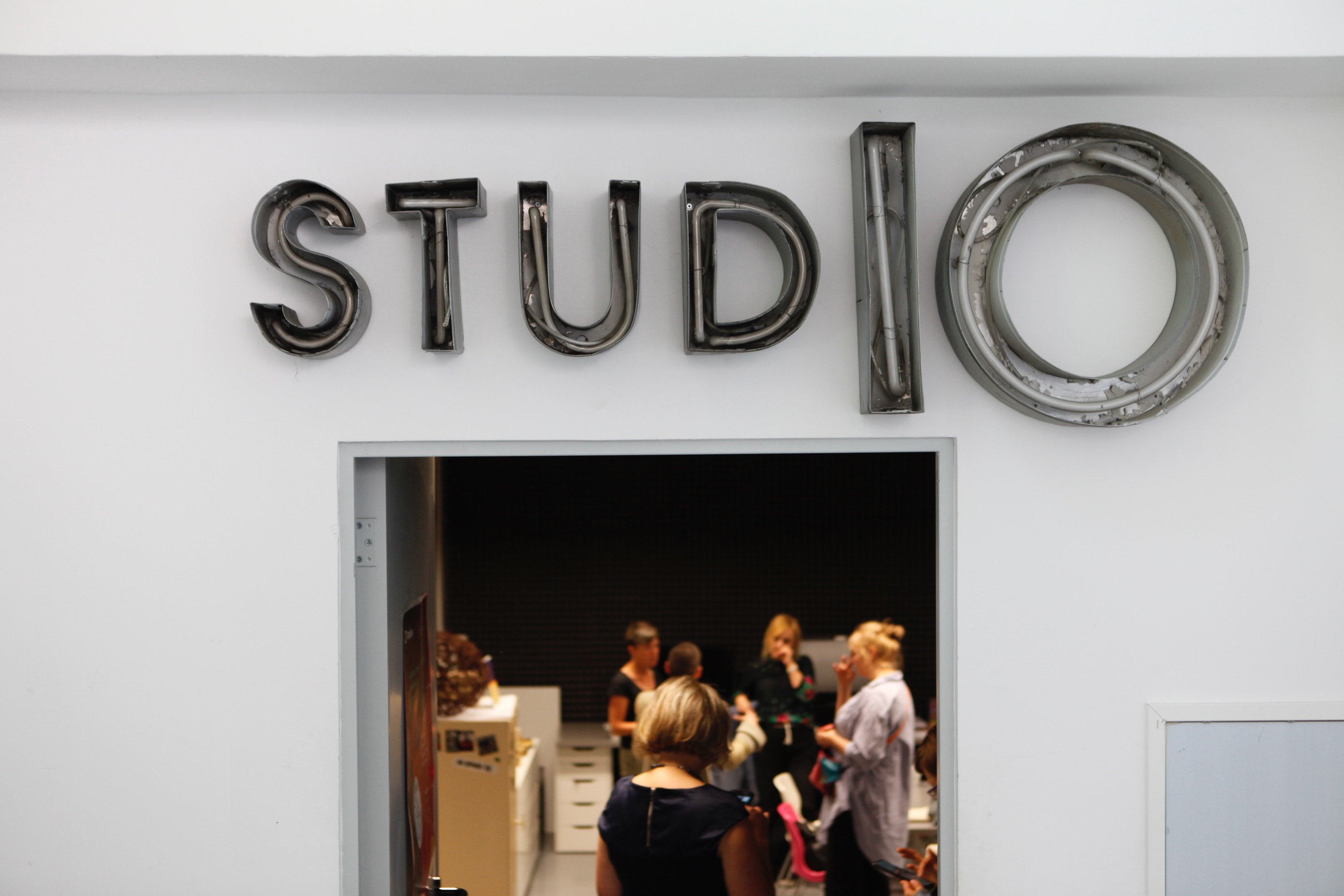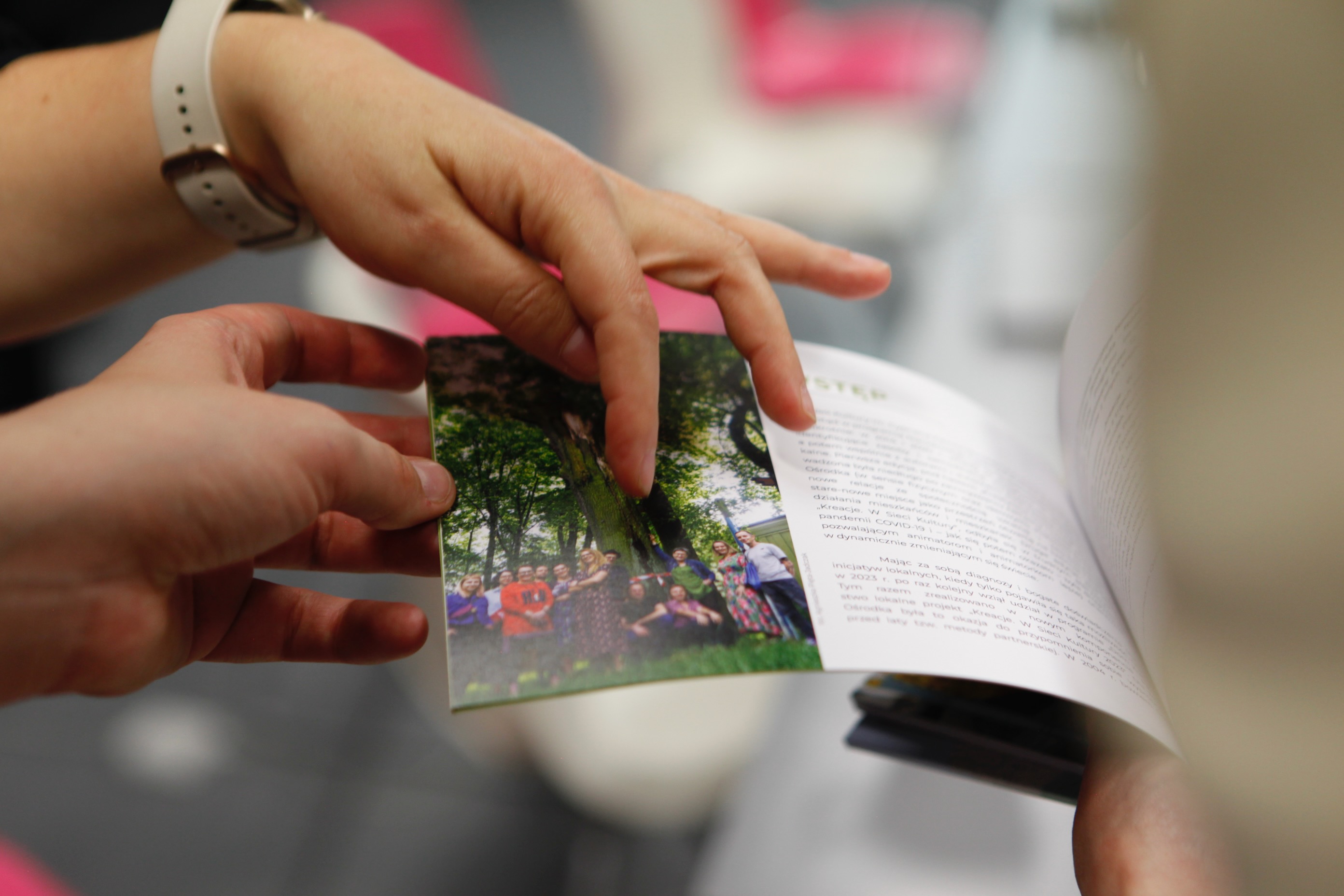Nowa Huta (literally “New Steel Mill”), the easternmost district of the Polish city of Kraków, was planned as a separate city following the bombastic utopian design principles and neo-renaissance architecture of a “socialist realism”, considered by Joseph Stalin to be an “engineering of the human soul”. Begun in 1949 as a symmetrically designed model city, it expanded quickly due to the construction of the largest steel mill in Poland.
This fast industrialisation process attracted newcomers from various parts of Poland as well as large groups of Roma and refugees from Greece and Macedonia. During the 1990s most of the workers lost their jobs in the smokestack industries, laying the grounds for social challenges. Today, with over 300,000 inhabitants, it has become attractive again for young families and immigrants, due in large part to its many parks, large apartments, and outstanding natural and cultural heritage. However, the mass exodus from Ukraine, sparked by geostrategic conflict in which energy-related issues have played many roles, has led to more than 200,000 refugees settling in the Kraków area. The overwhelming challenge the district faces is finding effective ways to include and integrate these newcomers into the cultural and social life, rather than stigmatising and segregating them.
The PACESETTERS pilot project in Nowa Huta will focus on a cultural resilience lab in the C. K. Norwid Culture Centre. By leveraging art and culture, it aims to expand the capacities of strained urban infrastructure and produce new senses of belonging that might operate across more than one identity, gender, place or country. Through experiments with co-creation and co-design methods, it will actively include both old and new residents, people in and out of a place.
Based on the conclusions from the conferences and meetings summarizing the activities undertaken so far for refugees from Ukraine in Krakow, several needs emerge. The Ukrainian community should be supported in its efforts to maintain its own culture and heritage in order to prevent the loss of identity; and it is vitally important to initiate, and nurture varied forms of cooperation between existing and new residents in order to build intercultural dialogue, community integration and building long-term relationships.
Pursuing these goals will minimise conflict in the present, lay the basis for mutual respect and support in the future, and exemplify models for forward-looking, constructive approaches to integrating large-scale migrants elsewhere — including many whose displacement is more directly attributable to climate change. For this purpose, the laboratory will include neighbourhood initiatives, grassroots initiatives, arts and festivals, educational initiatives, workshops and more. All examples show the transformative potential of prescribing culture not only as they combine a contribution to sustainable development, integration and quality of people’s life but also affect the social determinants of health.
The laboratory will cooperate with “UKRAiNATV”, an experimental, collective and cross-sectoral project in the field of media culture — currently hosted at the Academy of the Fine Arts in Kraków. This is a hybrid media hub and an open collective of artists, media figures, activists, researchers, musicians and DJs from Ukraine, Poland, Belarus, Italy and multiple other countries – persons-in-need, refugees, nomadic artists, expats and migrants who do not feel safe to express themselves freely in their own country or states (taking this term in all meanings) but find new opportunities in these experimental frames. The project explores with new relational strategies and new hybrid production forms as an Internet TV station specialized in building live audio-visual bridges, a multi-channel streaming hub, recording studio and a “glocal” network.


